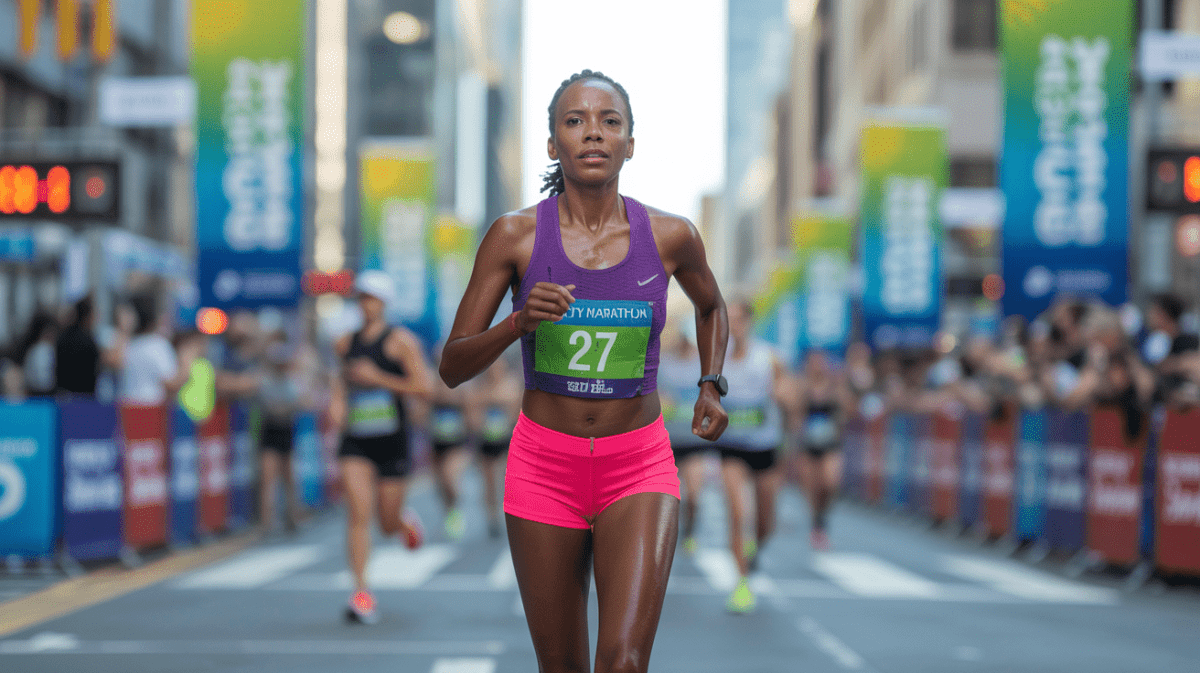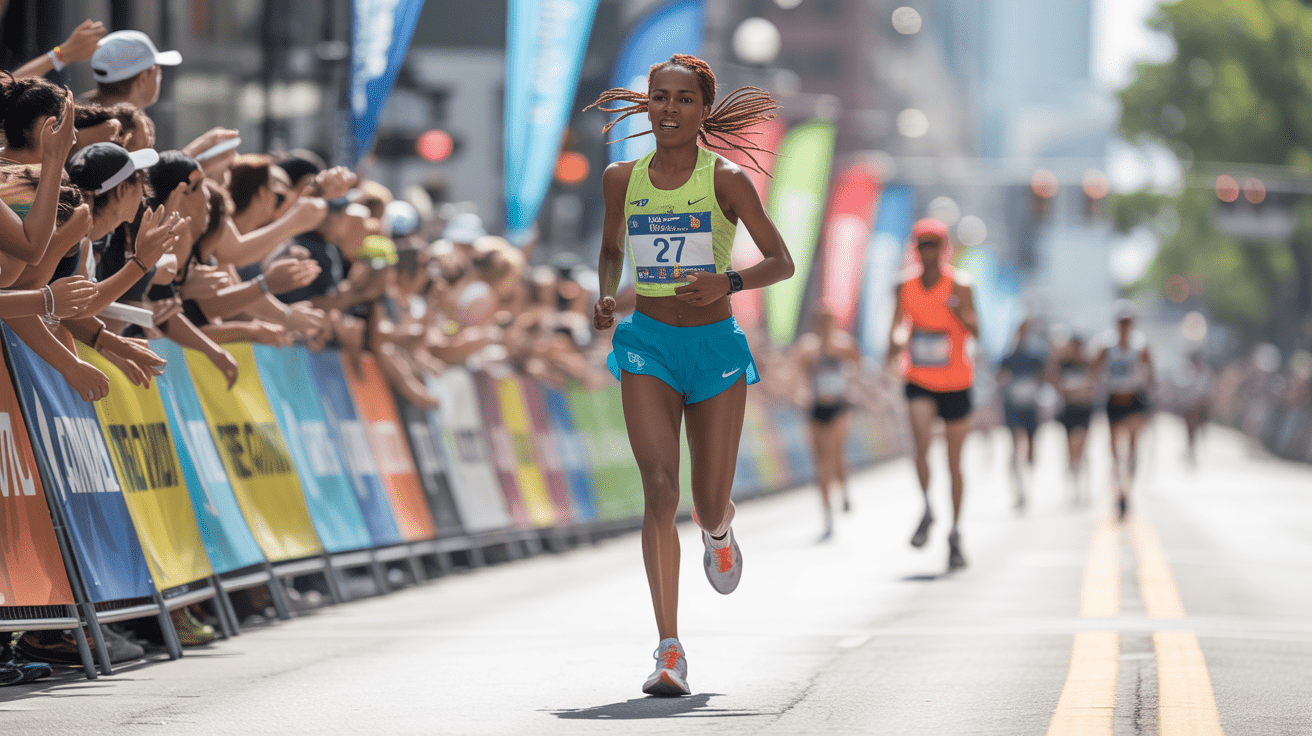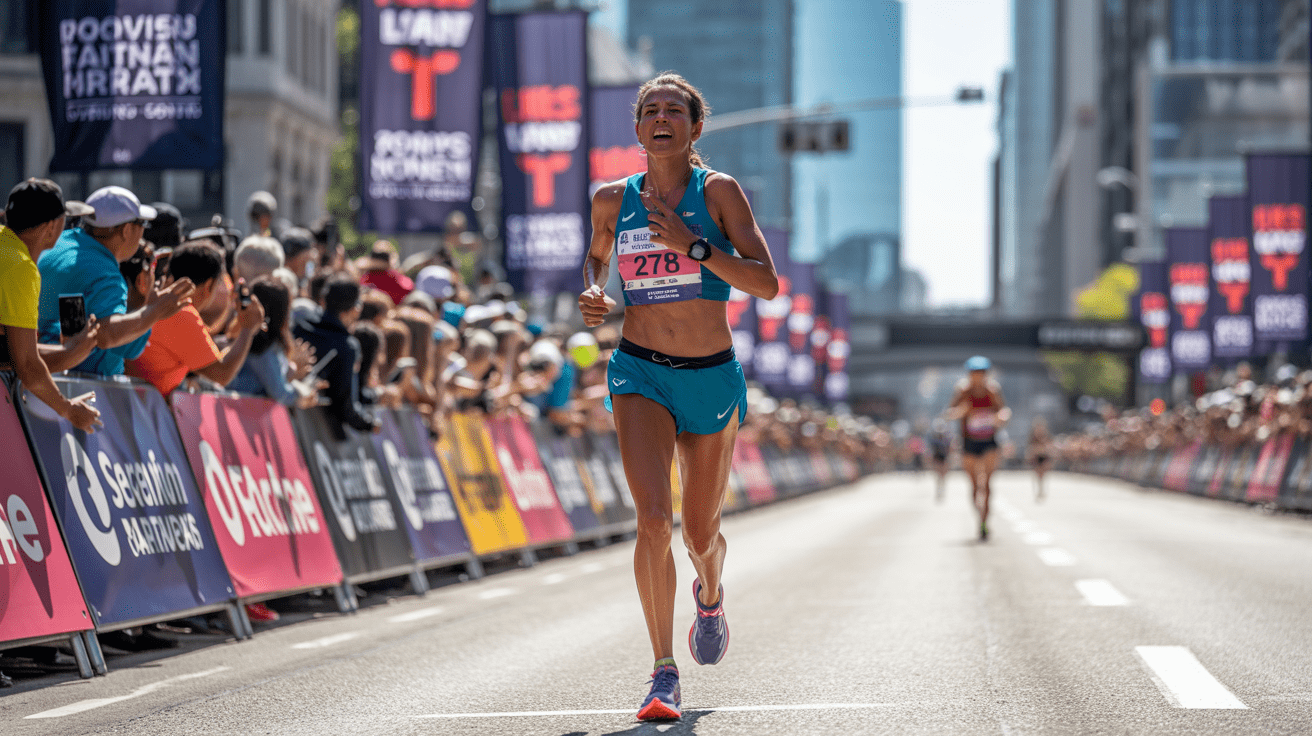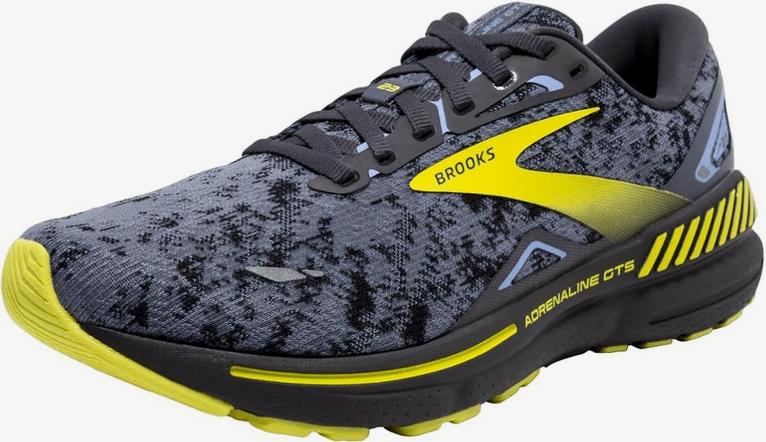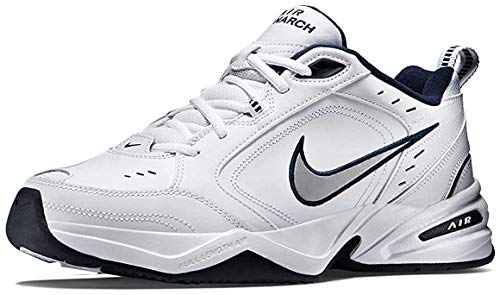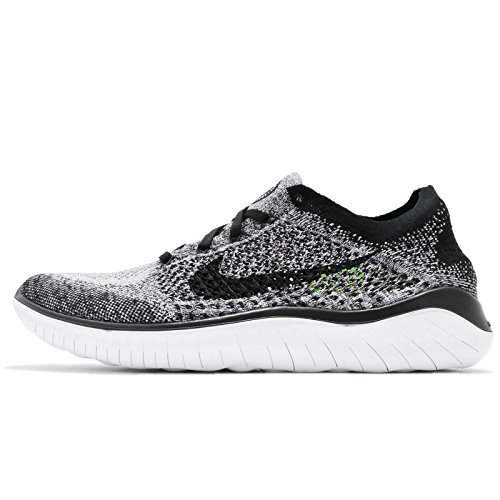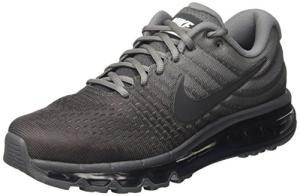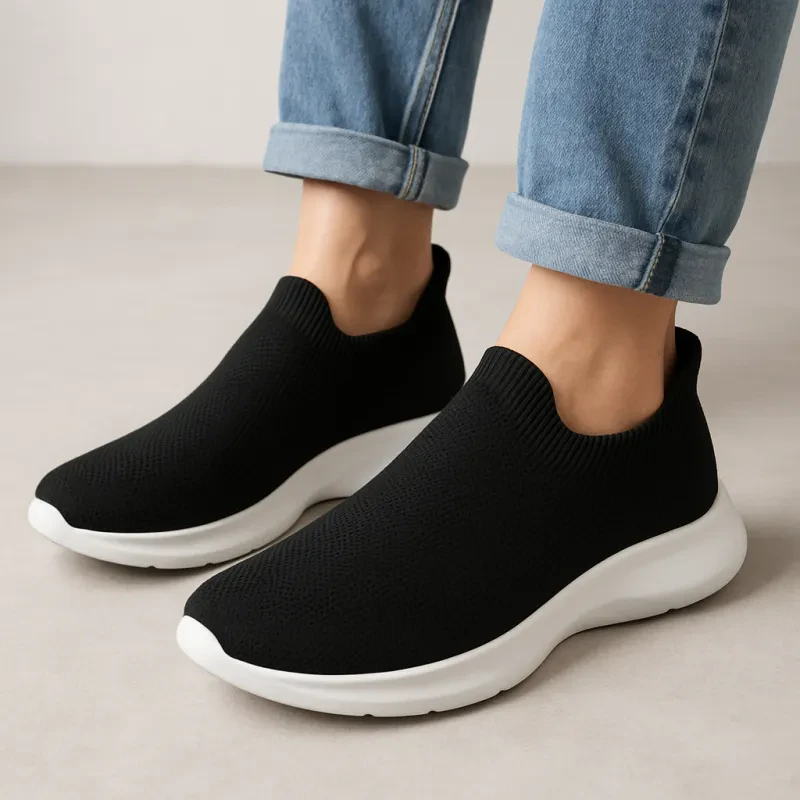Marathon Running: Tips, Training & Races for All Abilities
Welcome to the world of marathon running! Whether you're a seasoned runner or a beginner, preparing for a marathon can be both a challenging and rewarding experience. This comprehensive guide will cover everything you need to know about marathon running, from training strategies to nutrition and race recommendations.
Marathon running is a long-distance race that covers 26.2 miles, and it's a popular sport that attracts runners from all over the world. The satisfaction of crossing the finish line after months of preparation and hard work is a feeling like no other. However, to ensure a smooth and successful marathon experience, careful planning and preparation are crucial.
Key Takeaways:
- Marathon running is suitable for all abilities.
- Preparation and planning are crucial for a successful marathon experience.
Getting Started with Marathon Running
Marathon running is a great way to challenge yourself and improve your overall health and fitness. Whether you're a seasoned runner or just starting out, there are some key things to keep in mind when getting started with marathon running.
Preparing for Your First Marathon
If you're new to marathon running, it's important to start slowly and build up your endurance gradually. This means starting with shorter distances and gradually increasing your mileage over time. It's also important to pay attention to your body and rest when you need to.
Additionally, choosing the right running shoes is essential for preventing injuries and maximizing performance. Look for shoes that provide good support and cushioning, and make sure they fit properly.
As you start training for your first marathon, it's important to set realistic goals and focus on enjoying the process rather than just the end result. This will help you stay motivated and avoid burnout.
Choosing the Right Running Shoes
When it comes to marathon running, your choice of shoes can make a big difference in your performance and comfort level. Look for running shoes that provide good support and cushioning, and that fit properly. This will help prevent injuries and ensure that you're able to perform at your best.
Some key features to look for in running shoes include:
| Feature | Description |
|---|---|
| Good support | Look for shoes that provide good arch support and stability |
| Proper fit | Make sure your shoes fit properly and offer enough room for your toes to move around |
| Cushioning | Choose shoes with adequate cushioning to protect your feet from impact |
Conclusion
Starting your journey as a marathon runner can be a fun and rewarding experience. By following these tips and taking the time to prepare properly, you can improve your performance, prevent injuries, and enjoy the many benefits of this challenging yet satisfying sport.
Marathon Training Strategies
Marathon training requires discipline, patience, and a strategic approach. Whether you are a beginner or a seasoned runner, following a training plan tailored to your fitness level is key to success. Here are three popular marathon training strategies:
1. Building Endurance
Endurance running is the foundation of marathon training. It entails running progressively longer distances over time to improve your cardiovascular system's capacity to transport oxygen to your muscles during exercise. The most popular way to build endurance is through a long run once a week, gradually increasing the distance and maintaining a conversational pace.
This training method helps you to:
- Build physical and mental endurance
- Teach your body to use fat as fuel instead of depleting glycogen stores
- Increase your body's VO2 max (maximum oxygen uptake)
2. Speed Workouts
Speed workouts are challenging but effective in boosting overall running pace, endurance, and form. These workouts involve running at a high intensity or sprinting, followed by a period of rest or jogging.
Some common forms of speed workouts include:
- Intervals: Running at a high speed for a set distance or time, followed by a period of rest or slow jogging.
- Hills: Running uphill at a high intensity and jogging downhill for recovery, repeating for a set distance or time.
- Tempo Runs: Running at a comfortably hard and sustainable pace for a set distance or time.
3. Cross-Training
Marathon training does not have to involve only running. Cross-training, which involves other forms of exercise such as swimming, cycling, or strength training, can help you to build overall fitness, prevent injury, and supplement your running regimen.
Here are some benefits of cross-training:
- Reduced risk of injury by working different muscle groups
- Increase in overall fitness and strength
- Variation in workouts can prevent boredom and keep motivation high
"Remember to listen to your body and adjust your training accordingly. Rest and recovery are also crucial components of training."
Whether you choose to focus on building endurance, incorporating speed workouts, or cross-training, the key is to stay consistent and dedicated to your training plan. With the right strategies, you can improve your performance and achieve your marathon running goals.
Essential Marathon Nutrition
When it comes to marathon running, proper nutrition is essential for success. Your body needs the right fuel to endure the physical demands of training and racing. Here are some key nutrition tips to keep in mind:
Hydration: Staying hydrated is crucial for long-distance runners. Make sure you drink plenty of water before, during, and after your runs. You may also want to consider sports drinks to replenish electrolytes lost through sweat.
Nutrition: Your body needs carbohydrates to fuel your runs, so make sure you're eating plenty of complex carbs like whole grains, fruits, and vegetables. Protein is also important for muscle repair and growth, so include lean protein sources like chicken, fish, and beans in your diet. Don't forget about healthy fats like nuts, avocado, and olive oil.
Timing: The timing of your meals is also important. You want to make sure you're giving your body enough time to digest your food before a run. Aim to eat a pre-run meal about 2-3 hours before your workout. If you need a snack closer to your run, choose something light and easy to digest, like a banana or a granola bar.
To ensure you're getting the right nutrition for your training, you may want to consult with a registered dietitian who specializes in sports nutrition.
Preparing for a Marathon: Warm-up and Stretching
Before starting any marathon training or race, it's crucial to properly warm up your muscles and stretch to prevent injury and enhance performance. Here are some tips on how to prepare your body for the challenges ahead:
Warming Up Before Marathon Running
A proper warm-up routine can help you prevent injury and improve your performance. Begin by walking or jogging for 5-10 minutes to loosen up your muscles. Then, gradually increase your pace until you're running at a moderate intensity that raises your heart rate. Finally, perform dynamic stretches such as high knees, butt kicks, and leg swings to prepare your muscles for the activity ahead further.
Stretching for Marathon Running
Stretching can help improve your flexibility, range of motion, and prevent muscle soreness. After completing your warm-up routine, perform a series of static stretches. Hold each stretch for 15-30 seconds, making sure not to bounce or overstretch. Focus on stretching your hamstrings, quadriceps, calves, hips, and lower back. Additionally, consider using foam rollers or massage balls to break up any tight spots in the muscles.
"Warming up and stretching before a marathon is essential. Not only does it help to prevent injury, but it also prepares your mind and body for the challenges ahead."
Choosing the Right Marathon Races
Choosing the right marathon race is a crucial decision for any runner, whether you are a beginner or a seasoned marathoner. Here are some factors you should consider before signing up:
- Location: Do you want to race in your hometown or travel to a new destination?
- Course difficulty: Do you prefer a flat course or one with hills and inclines?
- Atmosphere: Are you looking for a race with a lot of spectators and energy or a quieter, more low-key event?
- Timing: Consider factors such as weather conditions and how much time you have to train.
It's also important to think about the distance of the marathon. Some races offer half marathons or 10Ks in addition to the full marathon, so you can choose a distance that is suitable for your abilities.
Finally, take into account the registration process and any associated fees. Some races may require a lottery or have a limited number of spots available, while others may offer early bird discounts or other promotions.
Overcoming Challenges: Mental Strength for Marathon Running
Marathon running is not just a physical challenge, but also a mental one. To complete a marathon, it is essential to develop mental strength. Here are some tips to help you overcome the mental challenges of marathon running:
- Set realistic goals: It's important to set achievable goals for yourself. Setting unrealistic expectations can lead to disappointment and demotivation. Break down your goals into smaller, manageable ones and celebrate your achievements along the way.
- Visualize success: Visualization is a powerful tool that can help you stay motivated and focused during the race. Close your eyes and imagine yourself crossing the finish line, feeling strong and triumphant.
- Focus on the present moment: Instead of worrying about what's ahead, focus on the present moment. Concentrate on your breathing, your posture, and your surroundings. This will help you stay calm and centered.
- Stay positive: Positive self-talk can boost your confidence and help you stay motivated. Instead of criticizing yourself, focus on your strengths and use encouraging language.
- Get support: Surround yourself with positive people who support and encourage you. Join a running group or find a friend to train with. Having a support system can make all the difference in achieving your goals.
- Celebrate the journey: Remember, marathon running is not just about crossing the finish line; it's about the journey. Take the time to appreciate the progress you've made, the challenges you've overcome, and the experiences you've had.
Marathon Running Shoes: Finding the Perfect Fit
When it comes to marathon running, choosing the right shoes is essential. The right pair of shoes can make all the difference in terms of comfort, support, and performance. Here are some tips to help you find the perfect fit:
| FIT | CUSHIONING | STABILITY |
|---|---|---|
| Fit: Look for shoes that fit snugly but not too tightly, allowing for some movement of the foot. Ensure there is sufficient room in the toe box to wiggle your toes. | Cushioning: Your shoes should provide adequate cushioning to absorb the impact of running, especially on hard surfaces. Look for shoes with sufficient padding in the heel and midsole. | Stability: Stability is crucial for preventing injuries. Look for shoes with good arch support and a sturdy sole that provides a solid base for your foot. |
When trying on shoes, wear the same socks you plan to wear while running. It's also a good idea to try on shoes in the afternoon when your feet are at their largest. Walk around in the shoes to get a feel for how they fit and make sure they don't rub or pinch anywhere.
If you're not sure what type of shoe to look for, consider getting a gait analysis at a running store. This will help you determine your specific needs in terms of cushioning and stability.
Remember, finding the right shoes may take some time and trial and error. Don't be afraid to try on different brands and styles until you find the perfect fit.
Conclusion
Marathon running can be a fulfilling and exciting experience for all abilities. With the right training strategies and preparation, anyone can take on the challenge of completing a marathon. Remember to choose the right race for your skill level, invest in a good pair of running shoes, and pay attention to your nutrition and hydration needs.
But perhaps most importantly, stay mentally strong and motivated. When the going gets tough, focus on your goal and the sense of accomplishment that comes with crossing the finish line. With dedication and perseverance, anyone can become a successful marathon runner. So take that first step and start your marathon running journey today!
FAQ
Q: Is marathon running suitable for all abilities?
A: Yes, marathon running is suitable for all abilities. Whether you're a beginner or an experienced runner, there are training strategies and races available to help you achieve your marathon goals.
Q: How do I start marathon running?
A: To start marathon running, it's important to increase your mileage and build endurance gradually. Additionally, choosing the right running shoes is crucial for a comfortable and injury-free experience.
Q: What are some marathon training strategies?
A: Marathon training strategies include endurance running and various techniques to improve performance. By following a structured training plan, you can build the necessary strength and stamina to complete a marathon.
Q: Why is nutrition important for marathon runners?
A: Nutrition plays a vital role in marathon running. Proper hydration and fueling during training and races help maintain energy levels and prevent fatigue. It's important to focus on consuming a balanced diet to support your marathon endeavors.
Q: Should I warm up and stretch before marathon training and races?
A: Yes, warming up and stretching before marathon training and races are essential. They help prepare your muscles for the physical demands of running and reduce the risk of injuries.
Q: How do I choose the right marathon races?
A: When selecting marathon races, consider factors such as course difficulty, location, and the overall atmosphere. It's important to choose a race that aligns with your goals and preferences.
Q: How can I develop mental strength for marathon running?
A: Developing mental strength for marathon running involves staying motivated, setting realistic goals, and adopting positive self-talk. Strategies such as visualization and breaking the race into smaller milestones can also help you overcome challenges.
Q: What should I consider when choosing marathon running shoes?
A: When choosing marathon running shoes, factors such as fit, cushioning, and stability are crucial. It's recommended to visit a specialized running store and get fitted by experts to find the perfect fit for your feet.
